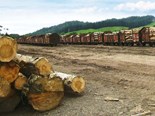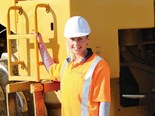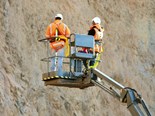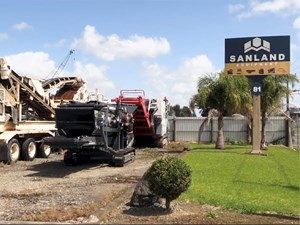How logging has changed in NZ…
Forestry columnist Patrick Cox examines how the industry has changed in New Zealand since 1972.
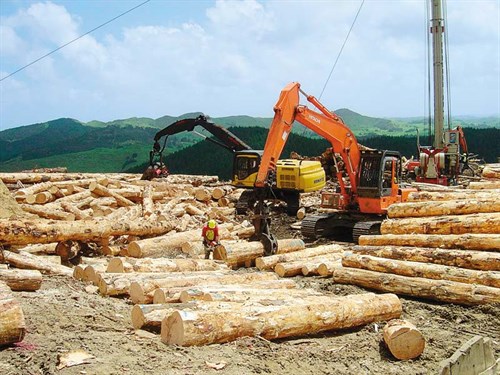
It seems so long ago—1972—when I first ventured in the logging industry, and I am not sure why these memories came flooding back about my experiences back then. In the last few months, I have visited a number of logging crews, and I am always interested in watching the changes in logging, types of machine being used, what the makeup of the staff are, their attitude to the job, health and safety and the attitude of forest supervisors, and the way they handle the logging contractors.
Is it possible that protectionism of health and safety on the workforce is dumbing down our people? I visited a doctor a few months ago, and in our conversation, he brought up the issue of dumbing down the workforce right across the board. Nobody has to think for themselves and everybody else is trying to think for you. What you have is a system of everybody running scared trying to get it right. In today’s world, visiting a logging crew if you are a salesperson, mechanic or any other person servicing the industry, requires compliance.
Radio contact with the crew being visited, gaining permission to visit, and calling your way into the gang giving your location by kilometre marking posted on the roadside is also important. Upon arriving at the crew, you are required to sign in by providing your name, who you work for, time of visit, and when you finish, your time of departure. I have never been quite sure what this achieves other than if you have not signed out, you must be missing on the site somewhere. The high-vis is my big amusement, as up to 30% of men suffer from some sort of colour blindness. When arriving on site, nobody asks the question about what you can and cannot see. I milled timber with my portable sawmill for a farmer in the Hawkes Bay some years ago, and we got around to the subject of colour blindness and the only colour he could see was yellow.
I guess the rest of his world was just black and white.
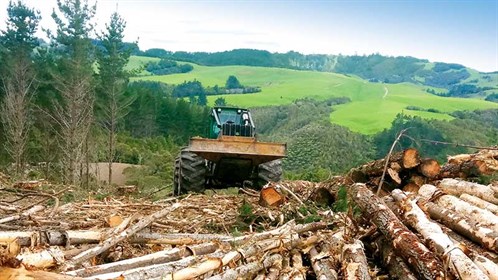
I ask the question about modern loggers and logging truck drivers: are we losing skills due to automation of equipment? I think back to 1972 and the first day I ventured into Kaingaroa forest. I had just arrived back in New Zealand having spent a year working in Australia, firstly in Dampier in the northwest of Western Australia driving off-highway dumpers for Bell Brothers and then as a concrete worker at Eastwood Construction on a high-rise development in central Sydney. In Dampier, I was given a brand new Mack truck to drive, with 24-speed crash box, no synchronisation, six main gears, and four in the joey box. There was no way to change the gear unless you got the revs exactly right. Miss a gear and you had to stop and start all over again.
Back to my first day in Kaingaroa. I started driving logging trucks for Stan Williamson transport in Te Puke. Being the new boy on the block, I got the old dunger that everybody else had done their apprenticeship on—a Leyland Hippo with 750,000 km or half a million miles on the clock as it was back then. It was a two-stick monster with the seat being a piece of sponge stuck on a hard metal base bolted to the cab floor. Changing gear was always an act, especially if you were splitting gears. You had two choices: take both hands off the wheel, grab both sticks, and change gears, or you thread one arm through the steering wheel to keep the truck on the road—always a good idea. Miss a gear and the noise was brutal coming from the gearbox.
Campbell’s logging crew was cutting old crop Radiata, simple cuts, two export lengths and random saw logs. The loader was a tracked crane with a wire rope holding the boom and a main rope with a set of scissors on the end. Driving one of these required a huge amount of skill, foot brakes, and levers. When letting the boom down, you took your foot off the brake and pushed the lever forward. If you did not brake at the right time, the whole boom would crash onto the ground.
The foot-hand coordination was paramount. With modern hydraulic machines, if something goes wrong, you just take your hands off the controls and everything stops. Not so with these loaders. if you took your hands off the controls, everything drops—not a pretty sight. Logs were not stockpiled, just pushed up in a big heap.
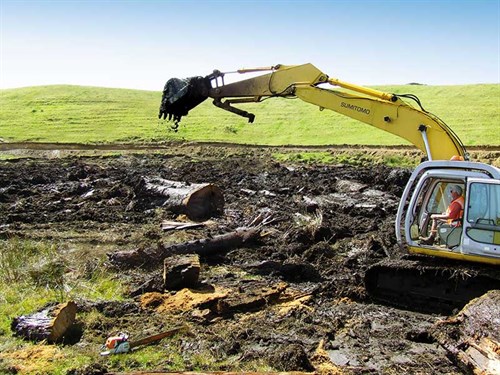
The truck driver stood on the heap of logs and the crane drive would throw the scissors at you. Some of these operators were so good, you just stood there and put your hand out and they could put the scissors right in your hand. You had to be quick. You opened the scissors and just threw them down over the log, making sure it was evenly balanced in the right place so the log would sit flat, making it easier to load. When you dropped the scissors on the log, you started running as the operator was already heaving back on the controls to pull the log out of the heap.
On one occasion, I could not find the right log, and before I could react, the loader driver had pulled back on the controls, and I was airborne, hanging onto the scissors, slewing across the heap looking for the appropriate log. Silly, dangerous stuff but it happened back then.
Also, no one had worked out how to make long chains and throw them right over the load and secure it down while they were standing on the ground. We did it the hard way. Flick your chains up from either side, then climb up the side of your load with a couple of the old, long handled twitches, and secure it from the top of the load. When you got to the port, you once again clambered back on top of your load to undo your twitch.
The whole operation was dangerous but skilful. There were no radios, no signing in, no high-vis. Instead, there was common sense and a high level of skill.
The loggers of today are developing technical skills. Technology constantly demands changes; new modules for new machines with computer technology. There are still a few old buggers out there in the bush with old-school skills, who have also gained experience in new logging technology. Passing this skill set on to the new generation logger, in my opinion, will be valuable to the industry.
Keep up to date in the industry by signing up to Deals on Wheels' free newsletter or liking us on Facebook.

.jpg)









